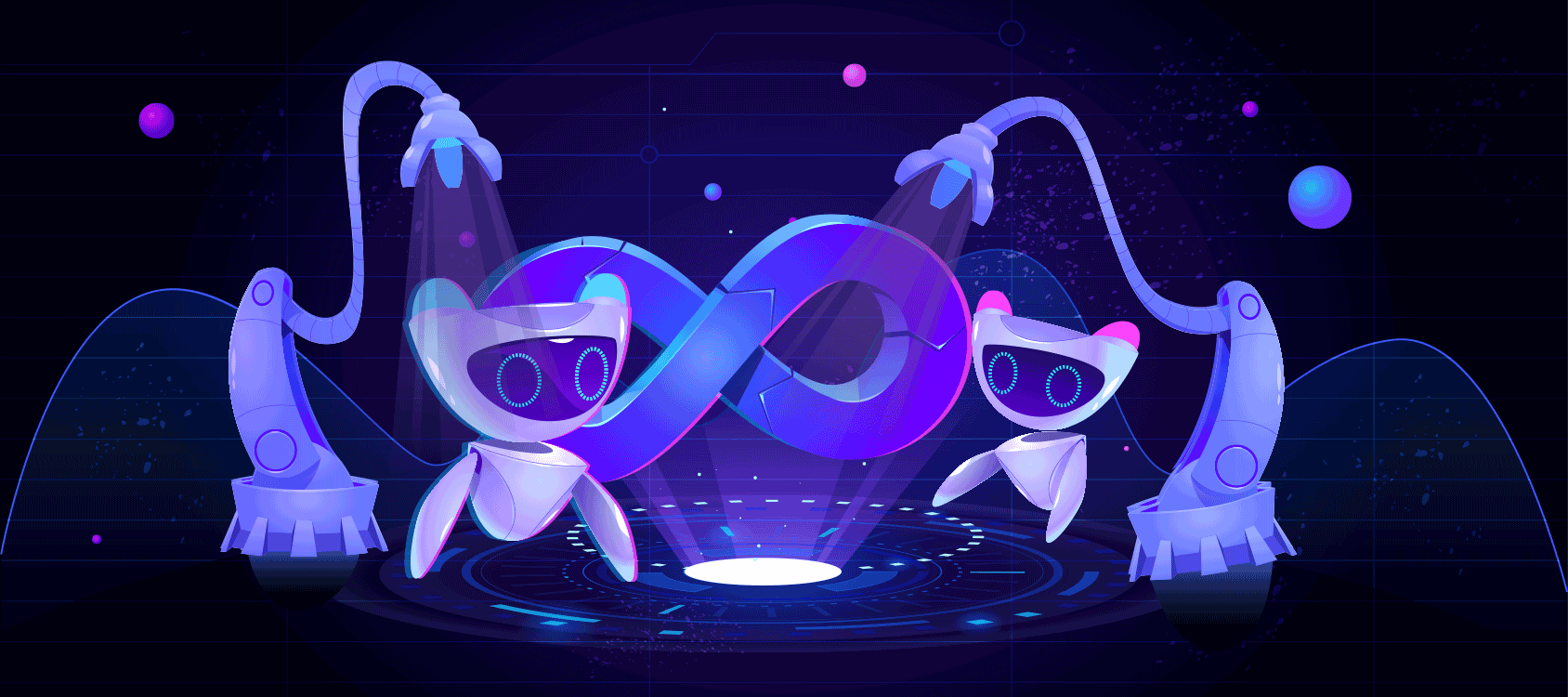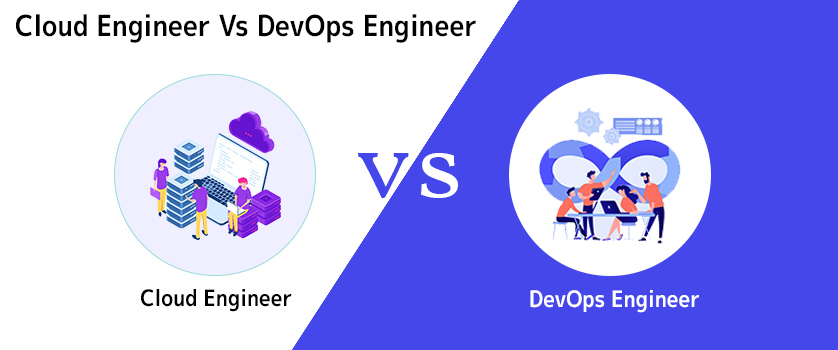


As new challenges arise, organizations have to move toward new technologies. And since these days people are fancy about Cloud platforms and DevOps, most of them want to either implement or learn these technologies.
You might be wondering what new things these technologies are bringing that make them so special.
Well, you’re not the only one who is intrigued. Rising competition, inability to scale, and increasing costs, open the way for innovations. For example, Cloud platforms are replacing traditional practices of setting up an infrastructure. Right now if you want to set up an infrastructure online, you can set it up in a few minutes. Besides this, you don’t have to worry about maintenance and security, as Cloud vendors do it for you.
The same applies to DevOps. It provides lots of benefits in terms of building applications faster and that too keeping the quality top notch. However, DevOps is a practice and you can’t think of it as a technology.
But if you want to incorporate either of the two, you need a specialized person. For example, if you want to set up infrastructure on Cloud, you need a Cloud Engineer. On the other hand, to successfully implement DevOps in your organization, you need a DevOps Engineer.
However, it is not simple as it sounds. Since DevOps Engineers work on the Cloud and Cloud Engineers help you set up Cloud infrastructure, people get confused between the two roles.
If you’re an employer who is facing such trouble or you’re an individual who is looking to make a career in either of the two fields but still confused about which one to pick, then by the end of this article your doubts will vanish.
So let's start with...
A cloud engineer handles all the responsibilities related to cloud computing. These responsibilities include maintenance and support, management and planning, and designing and developing applications on the cloud. A cloud engineer can also perform the role of a DevOps Engineer. However, it's not mandatory for cloud engineers to be developers. Still, cloud practitioners need cloud certification in order to enhance Cloud Infrastructure and platform-related skills. These professionals create Public Cloud systems for enterprises, communication, and sharing of data, its storage, backup including big-data analysis. In this role, the resource prepares architectures and platforms, which would cater to meet customer needs. Scalability, high availability, and redundancy considerations are also kept in mind while designing architectures.
DevOps engineers understand the software development life cycle, hence all the work they do revolves around software development. Mainly, they employ automation tools to develop digital pipelines - CD/CI pipelines. Besides this, they coordinate with the IT staff and developers to manage the code releases. DevOps Engineers work in a collaborative way with operations and development teams, with the intention to release software products. The main job of a DevOps engineer is to minimize human intervention. That’s why these engineers bring automation to the software development process. Be it build, test, or release, if the efficiency is achieved through automation, DevOps engineers will pick the right automation tool to ease the process.
Cloud Engineer is focused more on Infrastructure build and operations. Cloud Engineer is more inclined towards Platform Designing and Infra designing to support robust Cloud setup of customers. Whereas, DevOps engineers are concerned more about the development, testing, and automation of tools and processes, which also requires setting up a cloud infrastructure.
Since both the roles are highly technical in nature, one can’t replace another. However, both engineers should understand the know-how of each other's area of expertise so they can assist the organization together. Currently, the demand for DevOps engineers is pretty high (approximately 24%) in comparison to Cloud engineers (which is close to 6%). But as more organizations are moving toward the cloud platform, this gap will contract.
Whether you’re a big organization or a small company, sooner or later you will come across DevOps or Cloud. Hence, it is the right time for you to understand the basic difference between them. At the same time, you will get a clear understanding of whether you need a Cloud Engineer or a DevOps Engineer for your business.
Also, If you’re looking to make a career in any of these fields, you can benefit from this article as well.